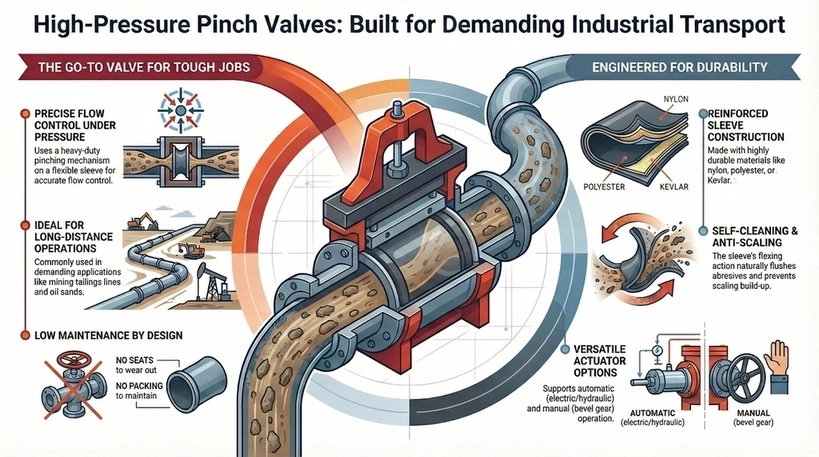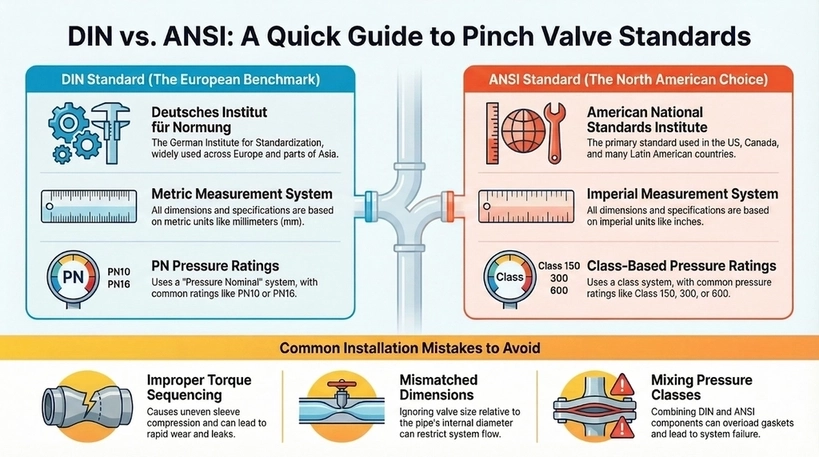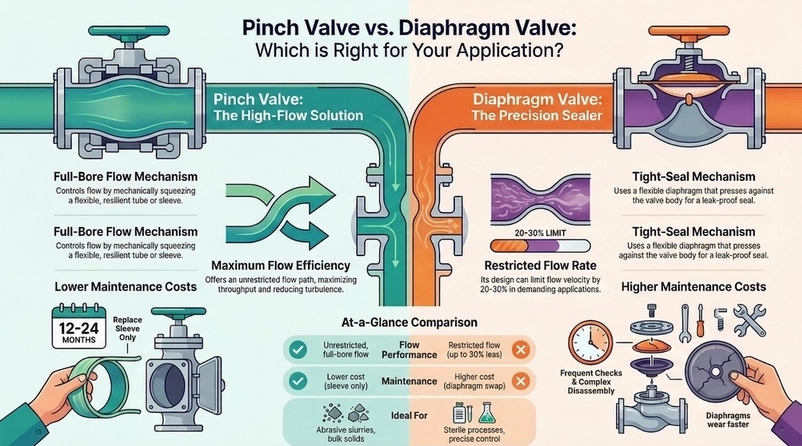

Your valve is leaking because something has gone wrong with its sealing system. Maybe the seals are worn out after years of service. Perhaps debris is stuck between critical surfaces. Or it could be that improper installation created misalignment from the beginning. These common problems prevent the valve from achieving perfect closure when you need it most.
Valve leakage occurs when fluid passes through a valve that should be fully closed. Even valves labeled as “zero leakage” or “bubble tight” aren’t completely leakage-free in practical applications. Industry standards actually allow for minimal leakage rates depending on the valve type and application.
There are two types of valve leakage:
External leaks allow fluid to escape from the valve body into the surrounding environment. You’ll notice drips or puddles forming around the valve. You might detect odors from process fluids. In worst-case scenarios, these leaks create significant safety and environmental hazards.
Internal leaks are more deceptive in nature. The valve appears to be fully closed, but fluid continues to pass through to the downstream side. Your system pressure won’t hold steady as expected. Processes dependent on isolation won’t function correctly.
Different valve types exhibit distinct symptoms when they begin to fail. Learning these signs helps you diagnose problems quickly before they escalate into major system failures.
Look for moisture around the stem area. This often appears as droplets or a thin film on the packing gland. You might notice staining or corrosion on surrounding components. Listen for hissing sounds, especially with gas applications.
The most obvious sign is continued flow downstream when the valve should be shut. You’ll experience difficulty maintaining system pressure. Equipment beyond the valve may continue running when it should be isolated.
Many valve leaks can be addressed with simple maintenance procedures before requiring complete replacement. Quick action often prevents minor issues from becoming major failures.
Always ensure the system is depressurized before attempting any valve repairs. Safety should be your primary concern when working with industrial valve systems.
Proper tools and replacement components should be on hand before beginning work. This preparation prevents extended downtime during repair operations.
For stem leaks:
For internal leaks:
Regular valve inspections save you time and money. Set reminders to check valves monthly, looking for early warning signs before small leaks become major failures.
Keep spare packing and gasket materials on hand for quick repairs. When you catch problems early, fixes are usually simple and inexpensive.At Lianke Valve Co., we provide high-quality replacement valves engineered with superior sealing technology to minimize leakage issues and extend service life in your most demanding applications. Visit our website to see our full valve range today.
Why Is My Valve Leaking? Types Of Valve Leakage and Symptoms

High pressure pinch valves, like PN16 pinch valve and class 150 pinch valve designs, involve a rugged and heavy-duty pinching mechanism in positioning the sleeve, resulting in an almost accurate and measurable flow of media. This kind of valve is popular and commonly used for long distance operations in mining tailings lines or oil sands, […]

Understanding pinch valve dimensions and flanges ensures seamless integration into piping systems, particularly when choosing between DIN vs ANSI. The two are different but commonly used standards by organizations in engineering, manufacturing, and product design. DIN was developed in Germany but widely adopted across Europe and parts of Asia. Meanwhile, ANSI standards, which originate from […]

Selecting the appropriate explosion proof valve is essential for safety in industries that pose explosion risks. ATEX certified valves guarantee compliance with European standards, preventing ignition sources from heat, sparks, or static electricity. This blog explores key factors for choosing ATEX certified explosion proof valves that ensure overall operational safety, highlighting the entailed regulations and […]

When handling abrasive or viscous media in industrial processes, the type of valve used can heavily affect the performance, efficiency, and overall user experience. In relation to this, two of the most common valve options are pinch and diaphragm valves. In this blog, we delve into the pinch valve vs diaphragm valve discussion, analyzing flow […]



